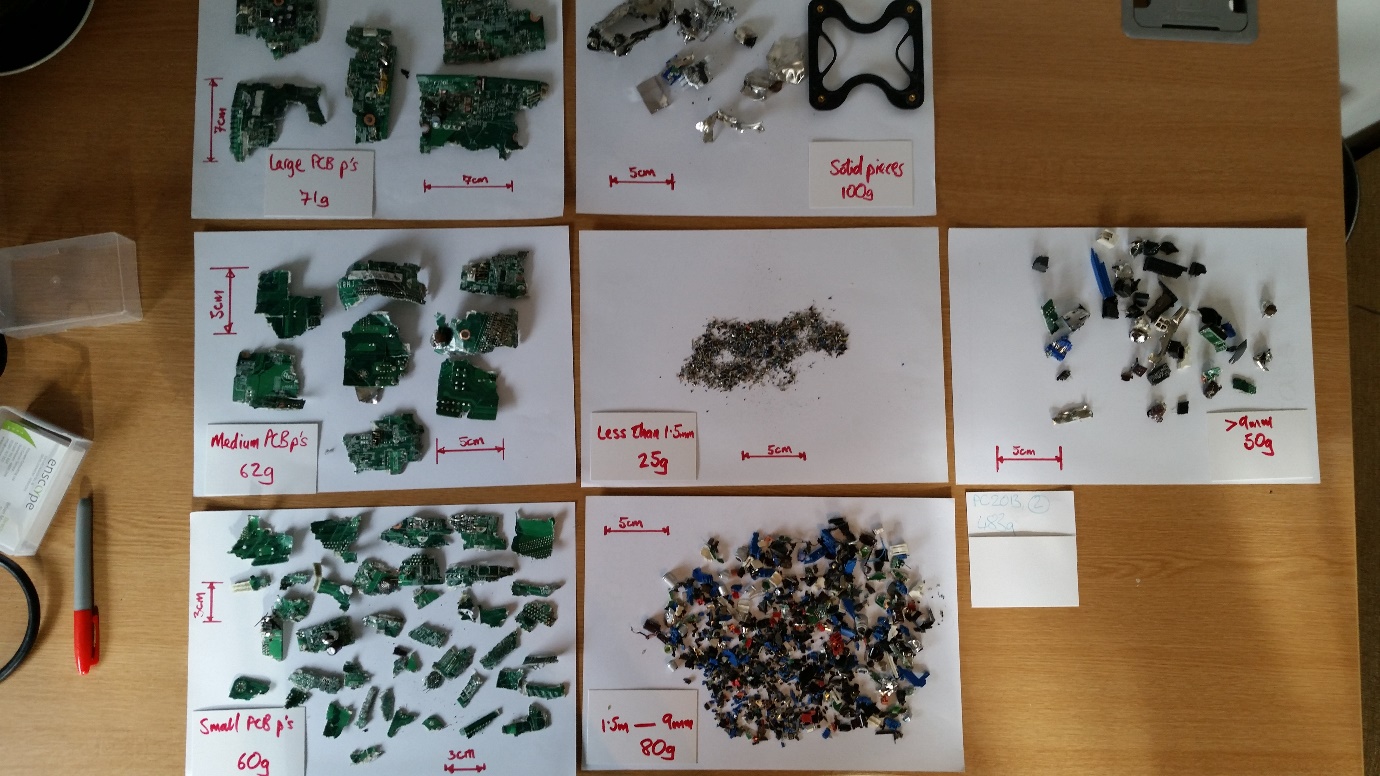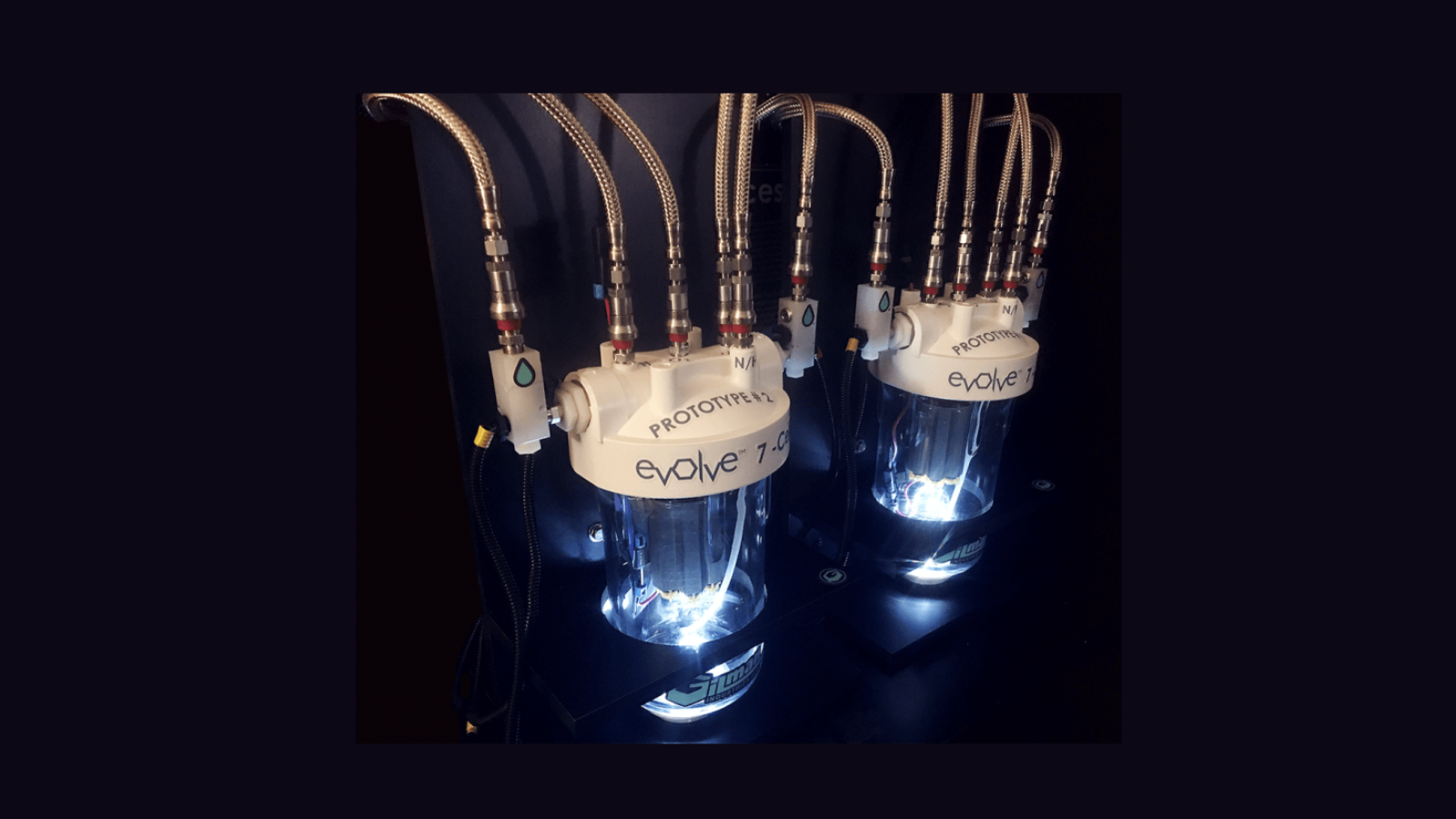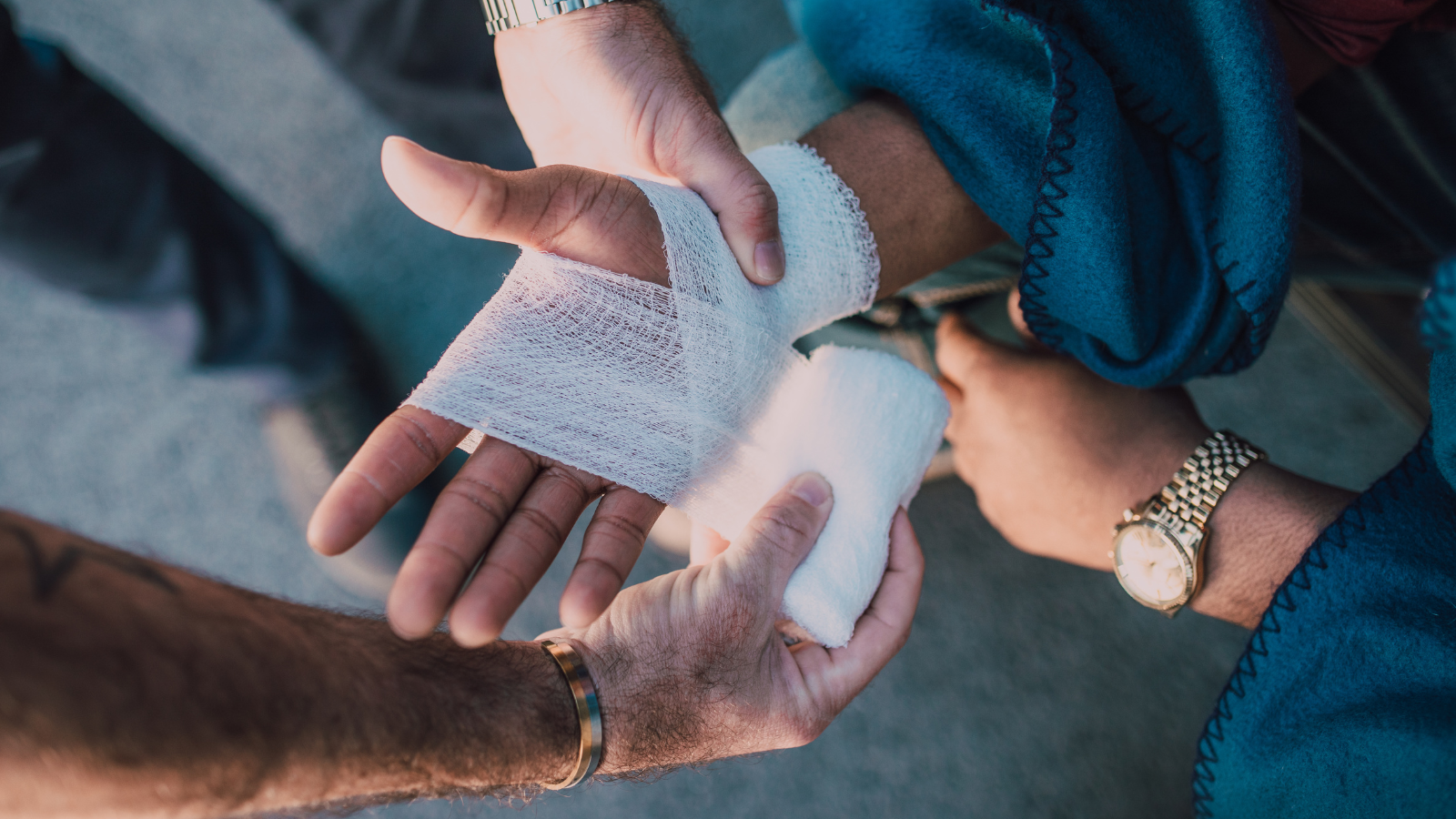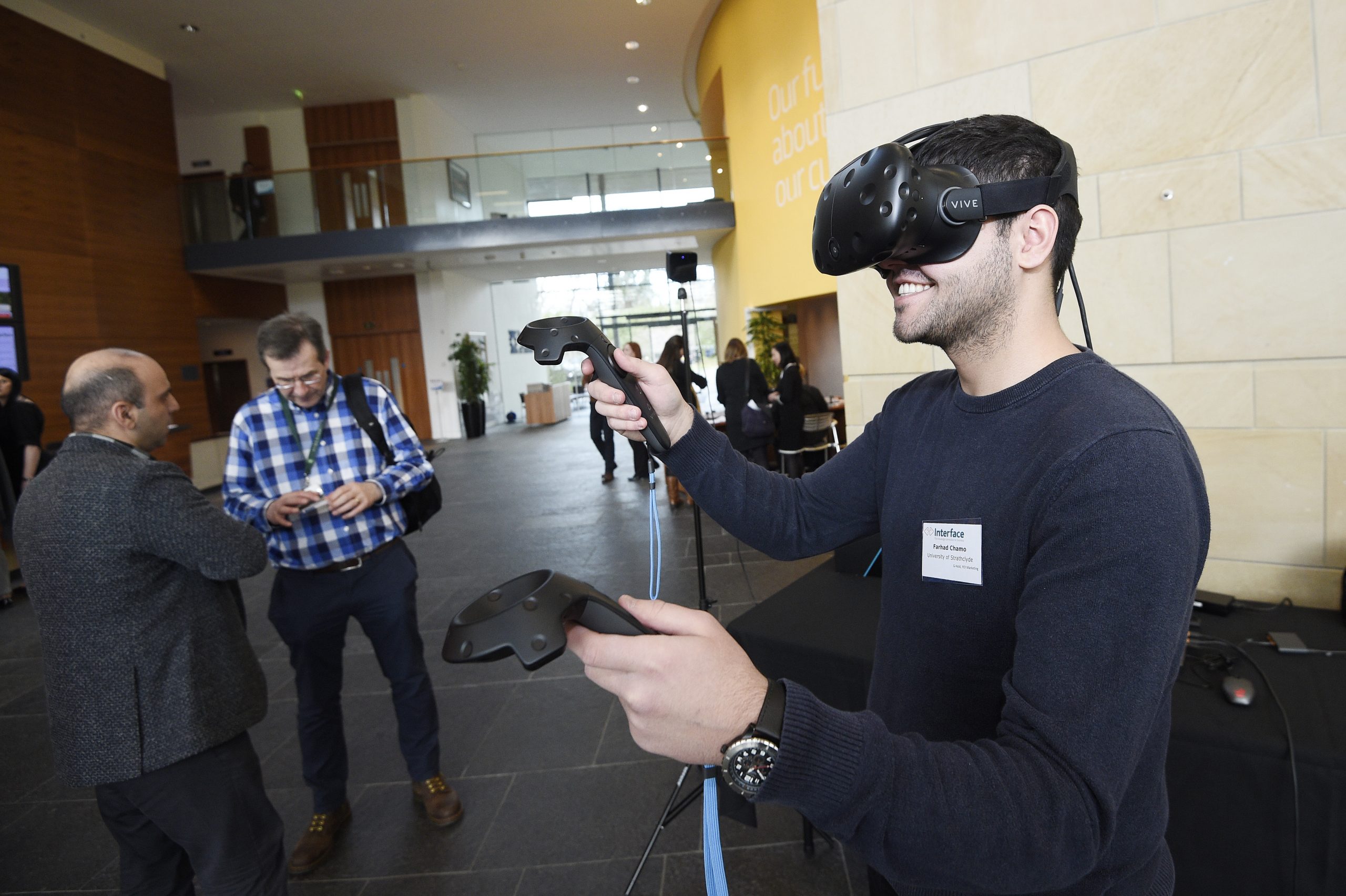Case Study
Re-Tek

Partners
University of Strathclyde
University of the West of Scotland
Sectors
Energy
Engineering and Technology
Life and Chemical Sciences
Regions
Glasgow & Clyde Valley
Background
Re-Tek, who provide refurbishment and resale of used IT equipment, was established in 1996 and is based in East Kilbride, South Lanarkshire. The business has 45 employees in Scotland as well as partners in Europe, America and Asia. Operating on an ‘incentivised return’ business model, they are leaders in the IT disposal industry offering re-use as a secure, environmentally sustainable method of asset retirement. In 2018, Re-Tek extended the life of 200,000 used technology items for business and the consumer, therefore preventing the need for these items to be inefficiently or needlessly recycled or landfilled.
The company sources most of its equipment from medium to large-sized businesses and public sector organisations, and they aim to re-market as much of the material received as possible. Approximately 80% of all equipment received is refurbished and re-marketed. Only equipment which is non-functional or has no market value goes to conventional IT recycling partners. Re-Tek’s facility has LED lighting throughout, a Biomass Boiler and a 62 Solar Panel Array, providing approximately 80% of their energy needs from renewable sources. They take sustainability and corporate responsibility seriously and work closely with WRAP (Waste and Resources Action Programme) and Zero Waste Scotland.
Challenge
The project partners, Re-Tek and Enscape, were keen to find a partner in academia, specifically individuals or teams with expertise in recycling/reclamation of rare earth minerals and in precious metals recovery from electronic waste. This was to partner in a bid for a €166k tender across four countries in the EU, released by EU Life/WRAP UK, which was designed to identify collection models in phase one, and recovery processes in phase two for Critical Raw Materials (CRMs).
Whilst Re-Tek were confident they could deliver Phase 1 (identifying collection models), they needed to identify a project partner to help them deliver Phase 2 (Recovery Phase), as the extraction process would be quite specialised given the recovery materials.
Solution
The Scottish Institute for Remanufacture referred Re-Tek on to Interface who, after putting out an expertise search to various universities within Scotland, was able to connect them with Professor Andrew S Hursthouse from the School of Computing, Engineering & Physical Sciences at the University of the West of Scotland (UWS).
Re-Tek and UWS were successful in their tender for WRAP and three years on presented the results of their collaboration at The Royal Society in London. The partners are still working together to develop their ideas and are currently involved in a Horizon 2020 two-stage bid. This has also involved Re-Tek and partners networking across the EU through a recent COST Action project co-chaired by Prof Hursthouse.
Benefits
The company received grant funding for approximately two years to support collection models underpinned by Circular Economy initiatives. This will increase the diversion of redundant IT products from traditional recycling and landfill and enhance opportunities for further employment and profitability, whilst income sharing with Social Enterprise partners.
Re-Tek recently won the Sustainability award, sponsored by The Scottish Institute for Remanufacture, at the CeeD Awards 2019.
Follow-on Activity
Whilst Re-Tek reuses approximately 80% of ICT equipment received, the remaining goods are sent to their Recycling Department for preparation before being sent to a downstream recycling partner for further treatment.
Currently, they only remove certain commodities from ICT equipment, e.g. memory, PCBs, hard drives, however they believed that there was a great opportunity to increase their revenues by fully disassembling equipment and segregating by commodity, e.g., aluminum, cables, plastics, etc., which would be advantageous to the recycling partner and should increase the rebate received.
A cost-benefit analysis was required, calculating the cost of disassembling various products and the calculation of the funds received from the recycling partner as a result of the separation. The company was also looking for suggestions for a re-design of the production space to ensure sufficient space was allocated to the disassembly functions.
Interface put out another expertise search to the universities looking for a collaborative partner for this project with the result that the company was allocated a student from the University of Strathclyde’s MSc Business Analysis and Consulting programme. The student provided business insights about the project.


